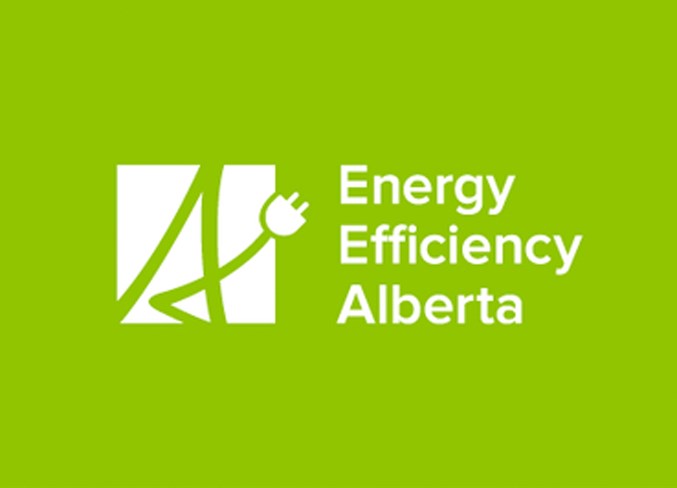New LED lights, a modern refrigerator, smart thermostats, and a coffee pot on a timer were among nine recommendations outlined in an energy efficiency audit report recently submitted to the Sundre West Country Centre.
“They did a good job,” said Ed Wicks, president of the non-profit organization that operates the centre.
However, he added that even Alberta Climate Change Office officials concede that not all of the recommended upgrades are immediately feasible to act on for a group that largely breaks even to provide the service offered to the community.
Many of the recommendations would take years — decades in some cases — to pay for themselves, he said.
The total cost to implement all of the recommendations, which also included attic as well as hot water pipe insulation, would amount to nearly $13,000, said Matt Dykstra, a spokesperson for the climate change office.
“The audit recommended nine energy conservation measures with a total implementation cost of $12,865, producing an annual cost savings of $1,059, saving more than 100 GJ of energy and avoiding more than six tonnes of CO2 emissions,” he wrote in an email statement.
But the province recognizes that the upfront cost can be a pretty steep challenge for an organization like the West Country Centre, he said during a phone interview.
“That is why this fall, Energy Efficiency Alberta will be launching a custom non-profit energy saving program to help organizations like the Sundre West Country Centre work through opportunities identified in their energy audits,” his email statement further elaborated.
“As part of the program, Alberta-based non-profits will have energy-efficient products and equipment installed in their facilities at no charge or minimal cost.”
The facility strives to provide a low-cost service to ensure local seniors have access to social as well as recreational opportunities, which can drastically improve mental and physical health.
When the carbon tax was implemented at the start of the year, the board of directors was left scrambling to find ways to cover the additional cost on energy bills, estimated by the board to be about $1,000 more per year.
Increasing the annual $10 membership fee by any amount simply was not an option, said Wicks, who remains firm in the philosophy to provide the opportunity for any senior to join regardless of his or her income.
“Some people would love us to make more money,” he said, adding his aim is to primarily continue providing the important service for seniors, even if that means just making ends meet.
“If we get a hundred people to a jam, I think we’re a success so long as we break even.”
Earning some profits to reinvest in the centre is icing on the cake, he said, but certainly not his objective.
“I’m still trying for low-cost seniors' recreational activity.”
The non-profit pursued the option of having the more than $11,000 energy audit done — at no cost to the organization — to help identify areas to improve efficiencies.
“Energy audits, like the ones funded through the Non-Profit Energy Efficiency Transition Program (NEET), are necessary to help determine what upgrades can help centres like Sundre’s lower their costs and save energy,” wrote Dykstra.
“When it comes to finding ways for non-profits to lower their energy costs through energy efficiency programming, starting with an audit is the best way to go,” he said during the interview.
The audit examined 15 energy conservation measures for the centre, with nine recommended actions emerging from that process. The timed coffee pot was first on the list because the most affordable options are prioritized, he said.
The auditors also analyzed the centre’s energy use, and estimated the additional annual cost created by the carbon levy actually amounted to about $650, he said.
Wicks told the Round Up the initial estimate of $1,000 had been a projection based on a couple of bills from early in the new year, which were more than $100. Of course that was during the winter months, he admitted.
He said even if the initial figure of $1,000 was overestimated, the increased cost still represents $650 that will not be available for improvements elsewhere.
In the meantime, Wicks said the non-profit is receptive to the new program that will help to pay for these upgrades.
Funding for NEET and the impending grant program to help non-profits make a reality energy efficiency recommendations outlined in audits is generated by the carbon levy, said Dykstra.
He said the goal during the first year of the new provincial carbon tax was to help groups such as the West Country Centre get audits done to identify needs, challenges and common opportunities, which in turn helped to shape the development of the next phase to help fund upgrades to ensure that non-profits can make a successful transition to a lower carbon future.



